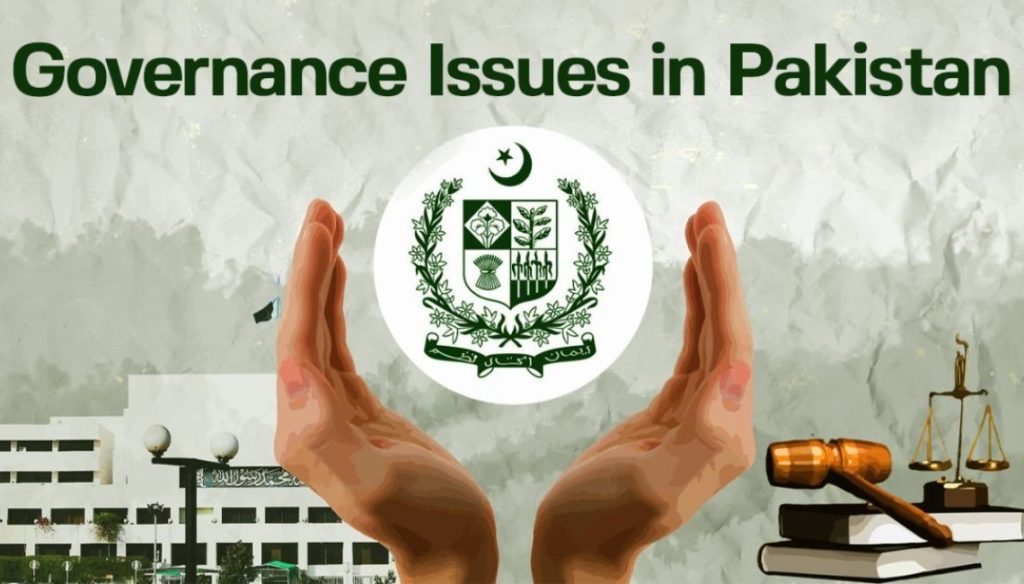ISLAMABAD – Pakistan’s governance system continues to suffer from a recurring pattern of overreaction followed by inaction, as policymakers struggle to transition from crisis response to long-term reform, according to political analysts and civil society observers.
Experts note that whether facing political unrest, economic shocks, or administrative bottlenecks, the state often swings between alarmist responses—such as sudden restrictions, emergency measures, or public crackdowns—and extended periods of bureaucratic inertia. This cycle, they argue, prevents the development of consistent, reliable institutions and policies.
Critics highlight that this governance approach has become deeply embedded in the system, eroding public trust, delaying necessary reforms, and contributing to a sense of national uncertainty. Common examples include abrupt changes in economic direction, reactive legislation, and failure to follow through on announced reforms.
Observers emphasize that sustainable governance requires strategic planning, transparent decision-making, and institutional accountability—qualities that remain lacking across many government departments. The tendency to govern through short-term optics rather than long-term substance is now seen as a major hurdle to Pakistan’s political and economic development.
Unless this pattern is addressed, analysts warn that Pakistan risks further institutional decay, reduced investor confidence, and increasing disillusionment among its citizens.
Reported by PakTribune Editorial Desk
All rights reserved.



